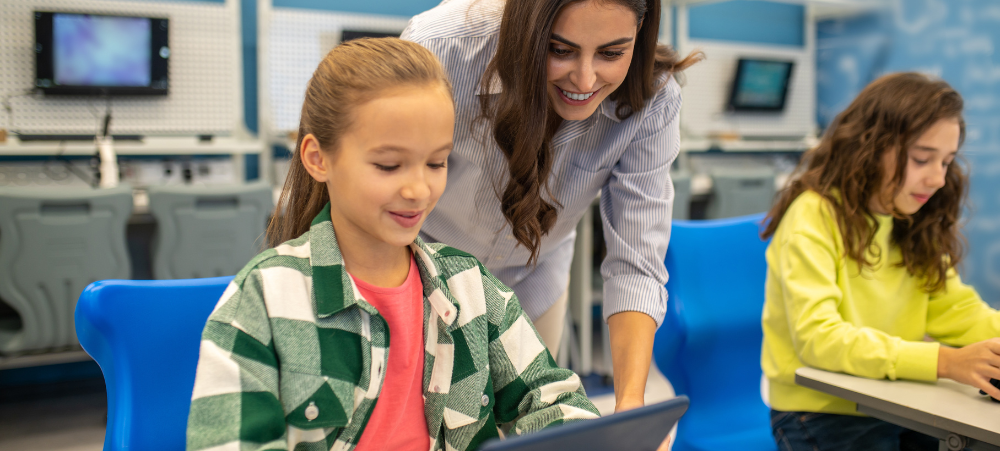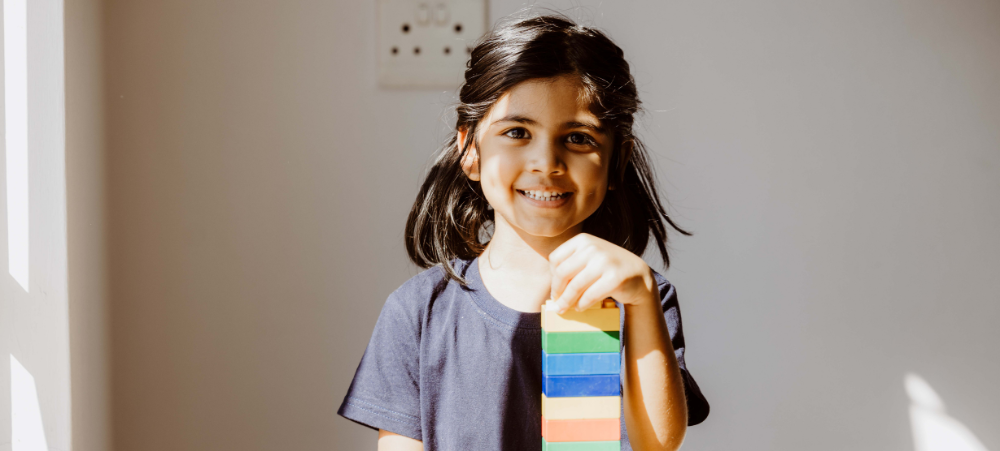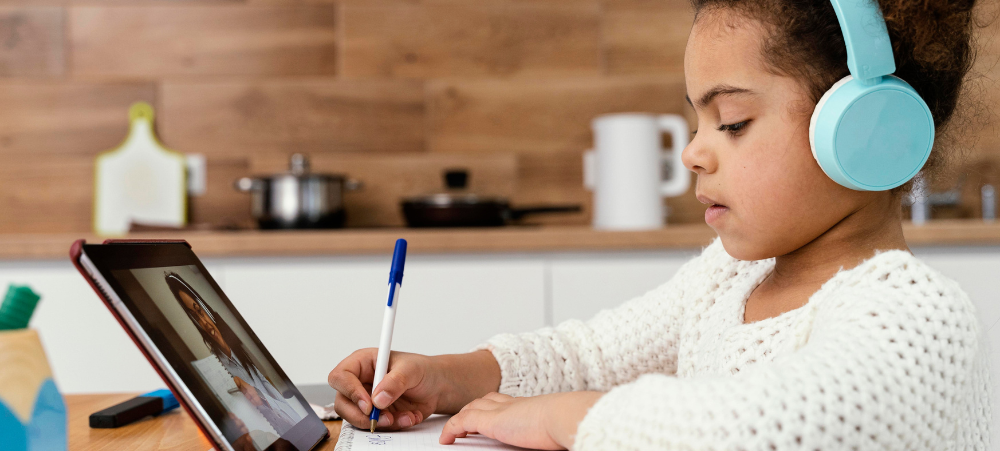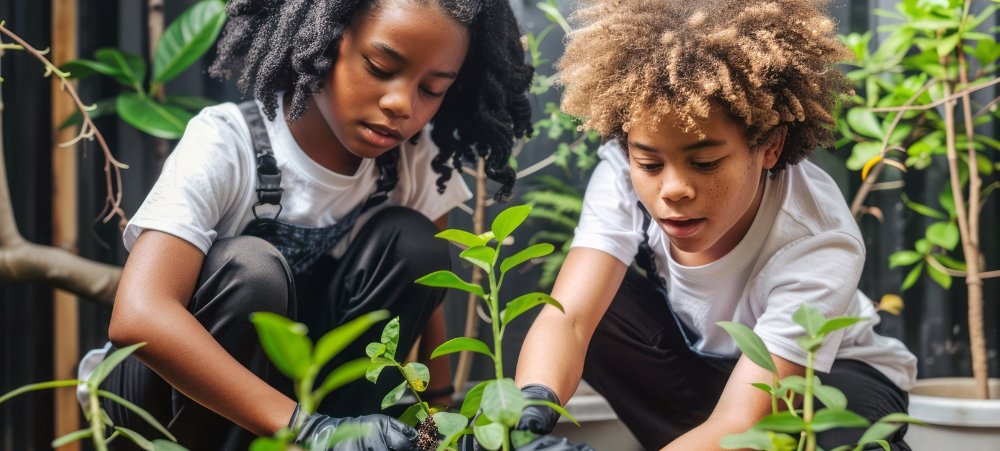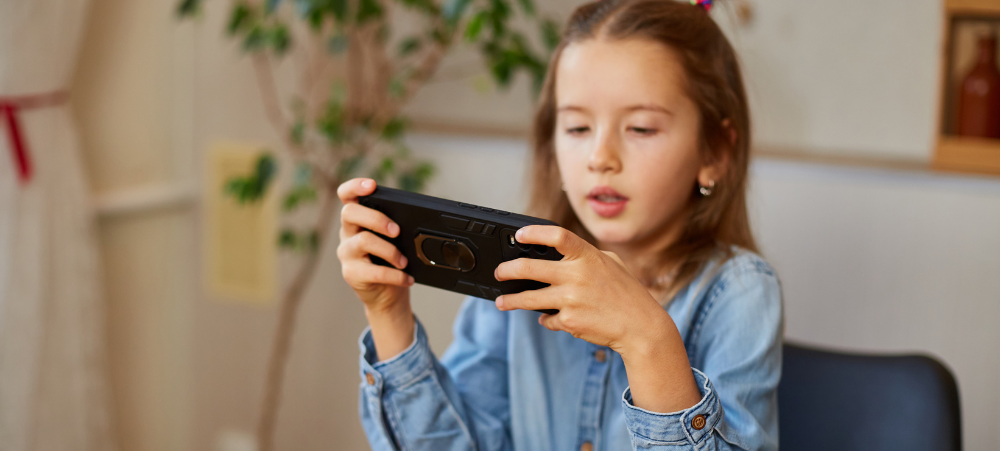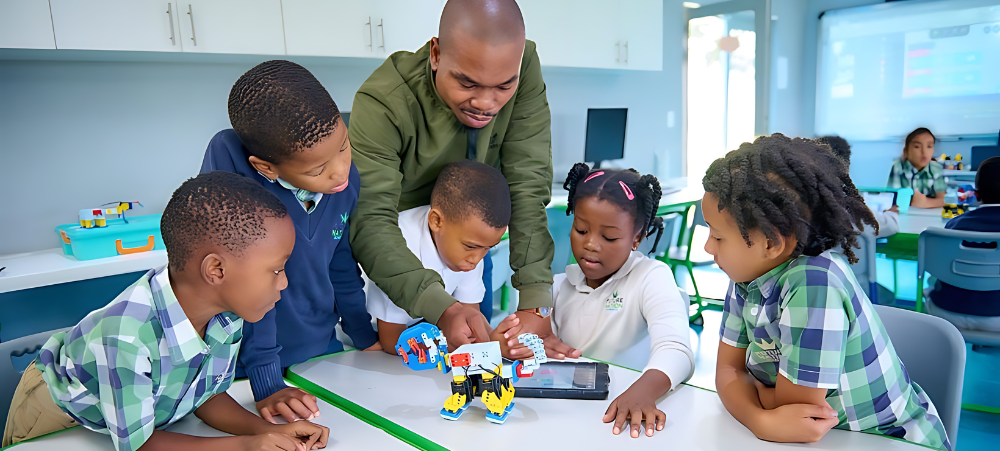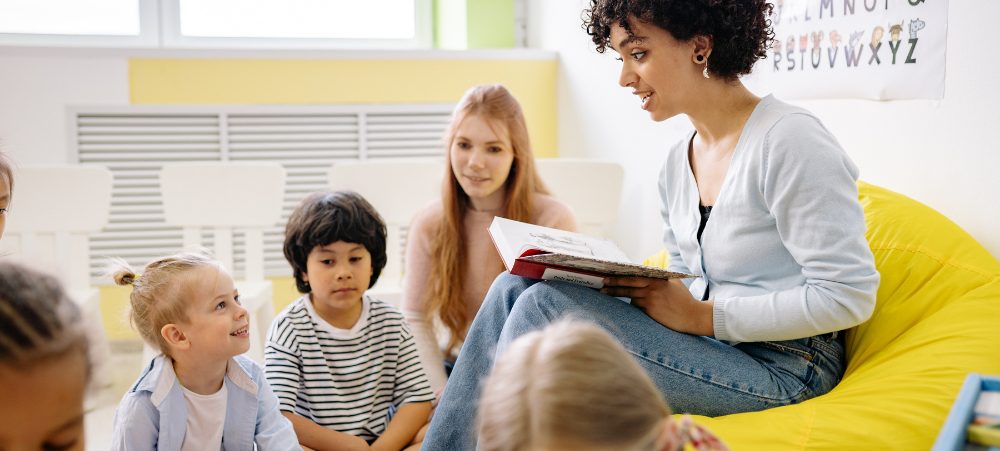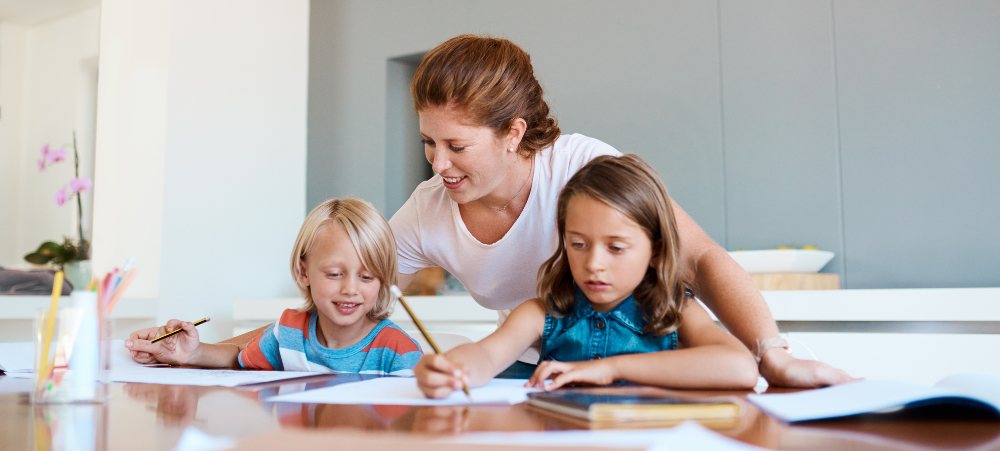
WINGU ACADEMY’S INNOVATIVE, WORLD-CLASS EDUCATION WITH A FOCUS ON WELLNESS
Empowering Students for the Future: Wingu Academy’s Innovative, World-Class Education with a Focus on Wellness In today’s digital age, where screens dominate daily life, integrating health and wellness into online education is not just important—it’s essential. At Wingu Academy, we are deeply committed to ensuring students’ well-being is prioritised alongside their academic achievement. Our approach promotes a balanced lifestyle by combining cutting-edge technology with comprehensive wellness programs tailored to the specific needs of online learners. We believe that academic success is closely tied to overall well-being, which is why our online schooling model seamlessly integrates wellness into every aspect of the student experience, empowering them for the future. Preparing Students for the Future of Work: Soft Skills and Emotional Intelligence In today’s rapidly evolving world, soft skills like emotional intelligence, adaptability, and resilience are increasingly vital for workplace success. At Wingu Academy, our educational approach goes beyond academic knowledge by equipping students with the emotional and social skills they need to thrive in the future. Central to our program is the Oxford International curriculum’s Wellbeing course, which fosters emotional intelligence and self-awareness. Through practical projects and reflective activities, students are encouraged to develop healthy habits, manage stress, and cultivate positive relationships. The shift to online learning has presented new challenges, particularly around physical and mental health. Prolonged screen time can result in issues like poor posture, eye strain, and digital fatigue, while the sedentary nature of online education can negatively impact both physical fitness and mental sharpness. At Wingu Academy, we recognize these challenges and have taken steps to integrate wellness into our educational model, ensuring that students maintain both their academic progress and overall well-being. One of the key ways we address this is through the Wellbeing course, which integrates emotional, social, and cognitive development into the core curriculum. This course encourages active engagement through projects and reflection, helping students build lasting habits for self-care and community care. By fostering an environment that prioritises both academic and personal health, Wingu Academy ensures that students are equipped not only for success in their studies but in all aspects of life. Wingu’s Unique Wellness Approach At Wingu Academy, we prioritise student wellness alongside academic success through our unique approach of quarterly wellness workshops. These workshops focus on important issues like ADHD, anxiety, cyberbullying, and conflict resolution. By addressing these topics, we provide students and parents with valuable tools and strategies to manage challenges that can affect learning. The ADHD workshop, for instance, equips students with techniques to maintain focus and manage distractions, while the anxiety workshop helps students recognize triggers and develop coping mechanisms for stress management. Additionally, our cyberbullying workshop educates students on prevention and response strategies, ensuring that our online environment remains a safe and supportive space for all. The conflict resolution workshop fosters emotional intelligence, teaching students to handle disagreements constructively and improving communication skills. These workshops exemplify Wingu Academy’s commitment to fostering not just academic growth but also the emotional and mental well-being of our students, preparing them for both educational and life challenges. A Parent’s Perspective: The Wingu Academy Difference Marlene, a parent of one of our students, chose Wingu Academy for its perfect balance of flexibility and structure. She’s seen the positive impact our wellness programs have had on her child’s well-being, highlighting the importance of a holistic approach to education. Experience Wingu Academy’s Unique Approach Join us for our Open Day on October 5th at the Wingu Academy South Suburbs Campus to discover firsthand how we empower students for the future with an innovative, world-class education that prioritises wellness. Meet our team, explore our programs, and see how we’re making a meaningful difference in students’ lives. Register today and take the first step towards a healthier, more balanced, and empowering educational journey!




